Independent creatives, such as artists, are not reliant on a fixed income; instead, they earn through commissions for each project they undertake with a client. Similarly, certain businesses choose not to employ salaried sales staff, opting to compensate them based on their individual sales performance. To clarify the conditions and expectations of their work, artists utilize an art commission agreement template that outlines their specific terms of service.
Table of Contents
What is a commission sheet template?

A commission sheet template, often used by artists and other creative professionals, is a document that outlines the terms and conditions of a commissioned project. It typically includes important information such as pricing, project scope, deadlines, payment terms, revisions, and any other relevant details.
This template serves as a starting point for artists to communicate their services and expectations to potential clients, ensuring a clear understanding of the project requirements and minimizing potential disputes or misunderstandings. By using a commission sheet template, both parties can establish a smooth and transparent working relationship for the commissioned work.
Commission Sheet Templates
Commission sheet templates are pre-designed documents that provide a structured format for tracking and calculating sales commissions earned by employees or sales representatives. These templates offer a convenient and organized way to record sales data, calculate commissions, and provide transparency regarding commission earnings.
Commission sheet templates typically include sections for inputting sales data such as sales amounts, product or service descriptions, sales dates, and commission rates or formulas. They may also incorporate additional sections for tracking other relevant information such as targets, bonuses, or deductions.
Using a commission sheet template helps businesses or sales managers accurately calculate and document commission earnings for their employees or sales representatives. The template provides a well-organized layout that simplifies the process of tracking sales and commissions, reducing the chances of errors or discrepancies.
Why use a commission sheet template?
Using a commission sheet template is beneficial for several reasons:
Clarity and transparency: The template outlines the terms, conditions, and expectations for a commissioned project, ensuring that both parties have a clear understanding of their roles and responsibilities.
Time-saving: A well-structured template can save time for artists by providing a standardized format to communicate essential information, eliminating the need to draft individual agreements from scratch for each client.
Professionalism: A well-prepared commission sheet demonstrates an artist’s professionalism and commitment to delivering quality work, enhancing their reputation and credibility.
Conflict prevention: By outlining the scope, payment terms, revisions, and deadlines, a commission sheet can help prevent potential misunderstandings or disputes between the artist and the client, leading to a smoother working relationship.
Legal protection: A comprehensive commission sheet template can serve as a legally binding contract, offering protection to both parties in case of disagreements or breaches of the agreed-upon terms.
When does a commission price sheet template become important?
The significance of a commission price sheet template arises in various situations for an artist:
Custom art requests
When a client commissions a specific piece, it is crucial to establish terms and prices using a commission price sheet template before beginning work on the project.
Large-scale projects
When engaged in extensive or long-term artistic endeavors, clarity of terms from the outset is essential. Utilizing a commission price sheet template helps outline the necessary conditions.
Public art commissions
Artists may be called upon to create public artwork by government entities, businesses, or other organizations. In these instances, a commission price sheet template is vital. Typically, a commission contract is provided for the artist to review and sign, agreeing to the stipulated terms.
Private art commissions
In private projects, artists often dictate the conditions. They prepare a commission price sheet template for the client to review and sign if they agree to the terms.
It is important for artists to consistently use a commission sheet template, regardless of the project’s size. Developing this habit ensures a smoother transition when undertaking larger, more complex projects.
The Advantages of Utilizing a Commission Information Template for Artists
A commission information template, though seemingly basic, offers numerous benefits to artists.
Streamlined Project Management
When starting, artists may have few projects to manage, but as their clientele grows, so does the list of ongoing projects. A commission information template, detailing each project’s specifics, helps artists keep track of projects, deadlines, and charges.
Enhanced Customer Service
Without a commission information template, it’s easy to confuse project priorities. A well-organized template allows artists to prioritize projects accurately, ensuring customer satisfaction and retaining business.
Demonstrated Professionalism
The commission information template, though a simple document, conveys a strong sense of professionalism, which is crucial in establishing trust with clients.
Protection of Artists’ Interests
Working without proper documentation exposes artists to risks. A commission information template clearly outlines the terms of service and pricing, safeguarding the artist’s interests.
Legal Significance
Once signed by both parties, the commission information template serves as a legally binding contract, providing recourse in case of disagreements or breaches.
Dispute Resolution
In the event of disagreements, the commission information template serves as a reference for the original agreement, allowing both parties to address the issue or renegotiate terms accordingly.
Portfolio Reference
New clients may request proof of an artist’s previous work. Alongside photographs or videos, a commission information template can showcase the artist’s past clientele and experience.
Payment Assurance
With a signed commission information template, artists have a guarantee of payment upon completion of the project, allowing them to budget for expenses and calculate their profit margin accurately.
Compensation for Delays
In cases where a project takes longer than anticipated due to unforeseen circumstances, the information in the commission information template can help artists negotiate additional compensation for the extra time spent on the project.
In summary, a commission information template is a valuable tool for artists, facilitating project management, promoting professionalism, and ensuring legal protection, among other benefits.
What should a commission sheet include?
A comprehensive commission sheet should include the following elements to ensure clarity and transparency for both the artist and the client:
Artist and Client Information: Include the names and contact details of both the artist and the client, establishing the parties involved in the agreement.
Description of Services: Clearly outline the scope of the project, detailing the specific services the artist will provide, such as creating a painting, illustration, or digital design.
Artwork Specifications: Describe the desired specifications for the final artwork, including size, medium, format, color scheme, and any other relevant details.
Reference Material: If applicable, provide any reference materials, images, or sketches that will guide the artist in creating the commissioned work.
Deadlines and Milestones: Specify any important dates or milestones, such as the project start date, progress check-ins, and the final delivery date.
Revision Policy: Clearly state the number of revisions allowed, if any, and the process for requesting changes to the artwork.
Payment Terms: Outline the pricing structure, including any deposit requirements, installment plans, and the final payment due date. Specify the accepted methods of payment and any late payment penalties.
Cancellation Policy: Detail the terms and conditions for cancellation or termination of the project by either party, including any refund policies or penalties.
Copyright and Usage Rights: Specify the ownership of the final artwork, whether the artist retains copyright or transfers it to the client, and the usage rights granted to the client (e.g., personal, commercial, or exclusive).
Confidentiality: If necessary, include a confidentiality clause to protect any sensitive information or trade secrets shared during the project.
Liability and Warranty: Address any liability or warranty issues, such as the artist’s responsibility for defects or damage to the artwork, as well as any warranties provided for the work’s quality or longevity.
Governing Law: Indicate the governing law and jurisdiction for the agreement, in case any disputes arise that require legal resolution.
Signatures: Include spaces for both the artist and the client to sign and date the commission sheet, validating the agreement as a legally binding contract.
How to Effectively Manage and Monitor Art Commissions
Efficiently managing art commissions is essential for artists, and creating a commission tracking document, such as a spreadsheet or table, can help keep things organized. As an artist’s clientele expands, so does the complexity of commission tracking. A well-maintained record helps artists stay informed about their projects, payments, and deadlines. Here’s a step-by-step guide to keeping track of your commissions:
Document your work
Capture photos of the completed projects as evidence and a visual reminder of your work. This helps you recall payment statuses and project details.
Organize photos by project
To avoid confusion, assign unique identification numbers to each photo corresponding to its respective project.
Record project details
Alongside the unique identification numbers, note down essential project information, such as the client’s name, location, and agreed-upon price.
Organize your photo archive
Implement a system to manage your photo collection effectively. This may involve naming conventions, folders, subfolders, tags, or a centralized photo hub.
Showcase your work
Share your artwork online through various channels to increase visibility and attract more clients.
Keep track of sales
As you make sales, maintain a record of each transaction to assess the effectiveness of your promotional efforts.
When working with a new client, follow these crucial steps:
a. Clarify your process: Many clients appreciate your artwork but may be uncertain about their specific requirements. Offer suggestions and ideas to help them decide.
b. Draft a contract: After understanding the client’s needs, create a contract using an art commission sheet template to capture all necessary details.
c. Request a deposit: It’s common for artists to ask for a 50% down payment before starting the project.
d. Obtain a signed contract: Begin working on the project only after the contract has been signed by both parties, ensuring a clear agreement is in place.
Commission Sheet Example:
[Artist’s Name and Contact Information]
Name: Bob Lucas
Email: boblucas@email.com
Phone: (123) 456-7890
Website: www.martawebsite.com
[Client’s Name and Contact Information]
Name: Martha Smith
Email: marthasmith@email.com
Phone: (098) 765-4321
[Project Description]
Title: “Sunset Landscape”
Description: An original acrylic painting of a sunset over a mountain landscape, featuring warm colors and a serene atmosphere.
Size: 24″ x 36″
Medium: Acrylic on Canvas
Format: Horizontal
[Reference Materials]
Client has provided a reference photo of the desired landscape and color scheme.
[Deadlines and Milestones]
Project Start Date: June 1, 2023
Progress Check-in: June 15, 2023
Final Delivery Date: June 30, 2023
[Revision Policy]
Two revisions are included in the commission price. Additional revisions may be requested at a rate of $50 per revision.
[Payment Terms]
Total Price: $500
Deposit: 50% ($250) due upon signing of the commission sheet
Final Payment: Remaining 50% ($250) due upon completion of the project before delivery
Accepted Payment Methods: PayPal, Credit Card, or Bank Transfer
[Cancellation Policy]
If the client cancels the project before work has started, the deposit will be refunded. If the project is canceled after work has begun, the deposit is non-refundable.
[Copyright and Usage Rights]
The artist retains copyright of the artwork. The client is granted a non-exclusive license to display the artwork for personal use only. Commercial usage rights or reproduction rights must be negotiated separately.
[Confidentiality]
Both parties agree to keep any sensitive information or trade secrets shared during the project confidential.
[Liability and Warranty]
The artist is not responsible for defects or damage to the artwork caused during shipping or handling. The artist provides no warranty for the longevity of the artwork.
[Governing Law]
This agreement shall be governed by the laws of [State/Country], and any disputes arising from this agreement shall be resolved in the appropriate courts of [State/Country].
[Signatures]
Artist: ___________________________ Date: _______________
Client: ___________________________ Date: _______________
FAQs
Is a commission sheet legally binding?
Yes, a commission sheet becomes legally binding once both the artist and the client sign it. This agreement serves as a contract and can be used as evidence in case of disputes or disagreements.
How do I create a commission sheet?
You can create a commission sheet using a word processor or a spreadsheet program like Microsoft Word or Google Docs. Start by including the necessary elements such as project details, payment terms, and copyright information. You can also find templates online to help you create a professional-looking commission sheet.
How do I negotiate the terms of a commission sheet?
Open communication is key when negotiating the terms of a commission sheet. Discuss the project details, deadlines, payment terms, and other important aspects with the client before drafting the commission sheet. Ensure both parties understand and agree on the terms before signing the document.
How can I make changes to a commission sheet once it’s signed?
If both parties agree to make changes to a signed commission sheet, they can create an amendment or addendum to the original document. This new document should specify the changes being made, and both the artist and the client should sign it to make it legally binding.
How do I handle disputes related to a commission sheet?
In case of disputes related to a commission sheet, both parties should first try to resolve the issue through open communication and negotiation. If a resolution cannot be reached, they can seek mediation or arbitration. In extreme cases, legal action may be necessary, and the governing law specified in the commission sheet will determine the appropriate jurisdiction for resolving the dispute.
Can I use a commission sheet for digital art commissions?
Yes, a commission sheet can be used for digital art commissions. The process and details to include in the commission sheet remain the same, but ensure to specify the file format, resolution, and delivery method for the final digital artwork.
Do I need a separate commission sheet for each client?
It is recommended to create a separate commission sheet for each client to ensure that the terms and conditions are tailored to the specific project requirements and agreements made with that particular client.
How do I keep track of multiple commission sheets?
You can keep track of multiple commission sheets by maintaining a well-organized filing system, either digitally or in physical form. Additionally, you can use a spreadsheet or project management tool to track project progress, deadlines, and payments.
How should I handle revisions and alterations in a commission sheet?
Clearly state your revision policy in the commission sheet, including the number of revisions included in the agreed price and any additional fees for extra revisions. When a client requests a revision, communicate openly to ensure you understand the changes they want and revise the artwork accordingly.
What should I do if a client refuses to pay according to the commission sheet?
If a client refuses to pay according to the commission sheet, remind them of the agreed-upon terms and try to resolve the issue amicably. If the issue persists, consider mediation or arbitration to reach a resolution. In extreme cases, you may need to take legal action, using the commission sheet as evidence of the agreement.
Can I use a commission sheet for group projects or collaborations?
Yes, you can use a commission sheet for group projects or collaborations. Ensure to include details about the roles and responsibilities of each artist, payment distribution, and any other relevant terms specific to the collaboration.
How do I price my artwork in a commission sheet?
Pricing your artwork in a commission sheet involves considering factors such as the time and effort required to complete the project, the cost of materials, your level of expertise, and market rates for similar artwork. Clearly state the pricing structure in the commission sheet, including any additional fees for revisions or extra services.
Can I reuse a commission sheet template for different projects?
Yes, you can reuse a commission sheet template for different projects. However, it is crucial to tailor the template to each project’s specific requirements, ensuring that the terms and conditions accurately reflect the agreement with each client.








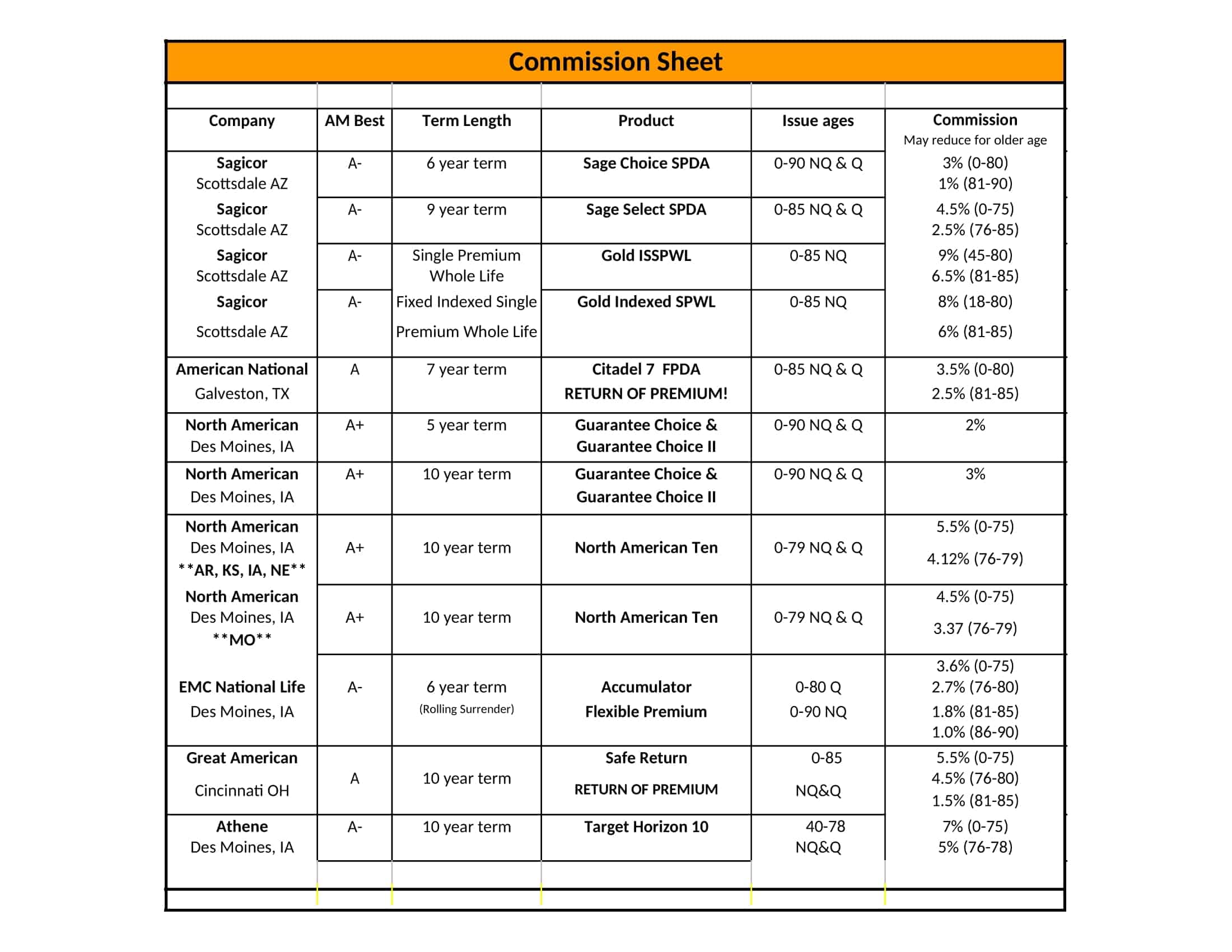
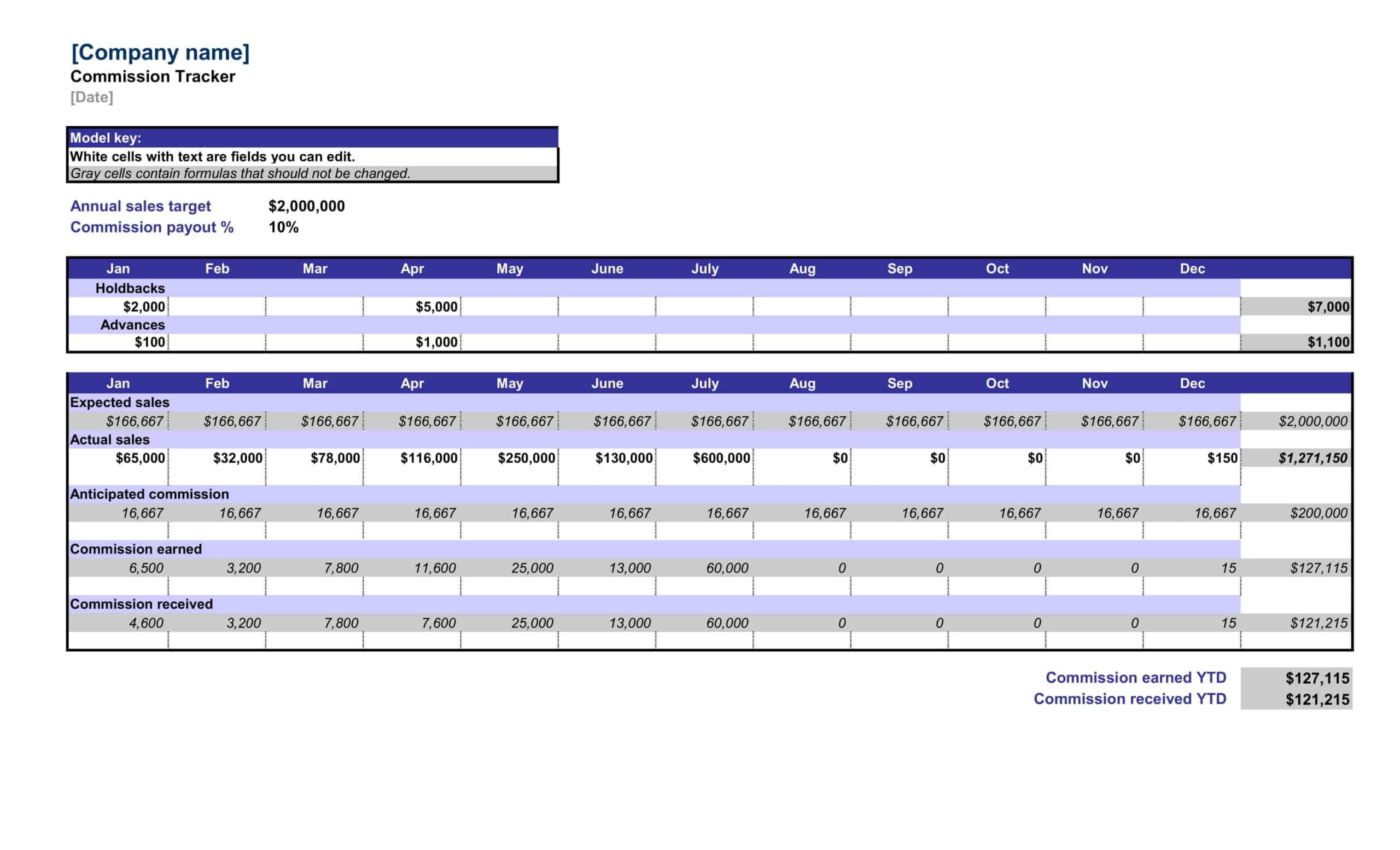
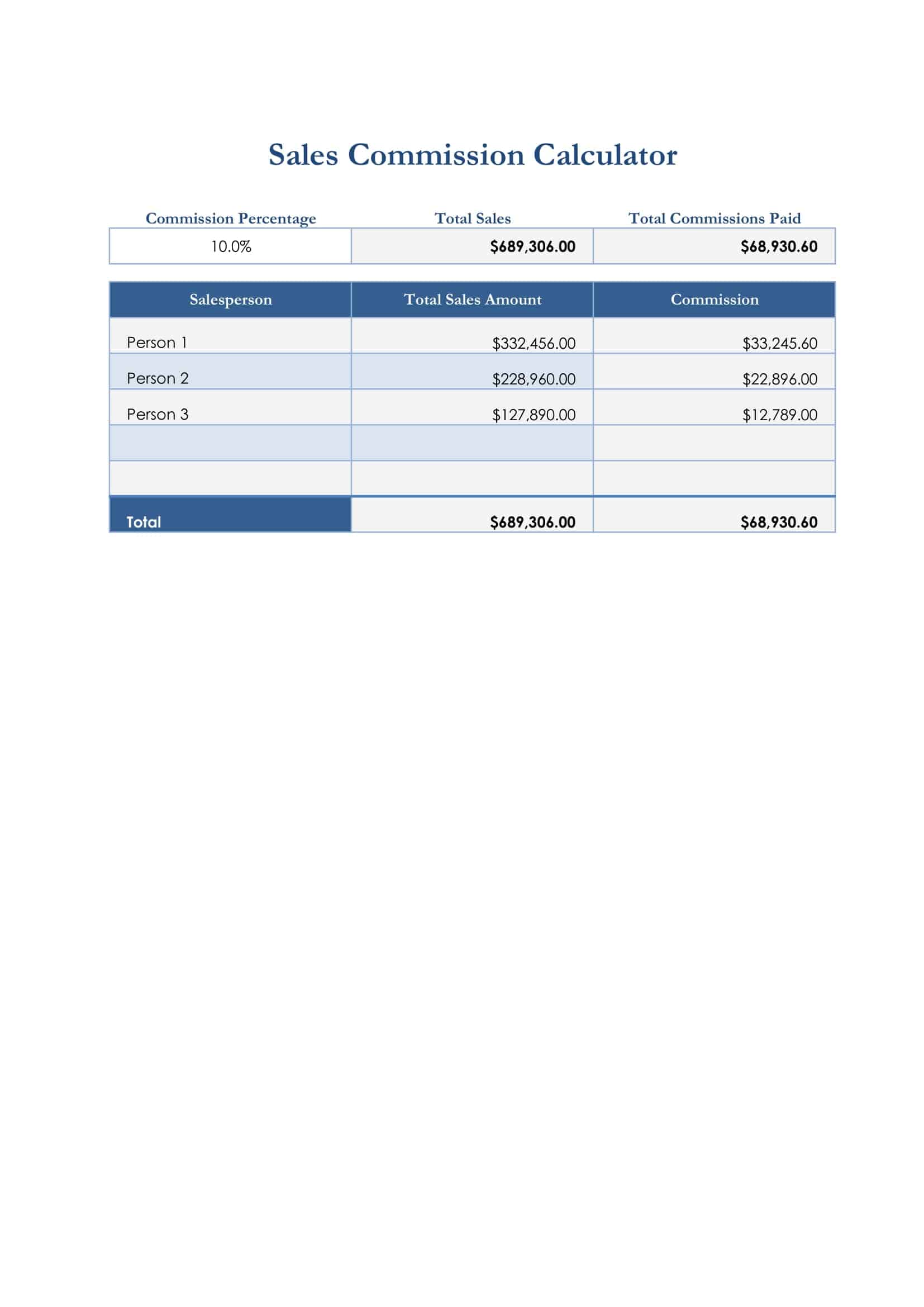






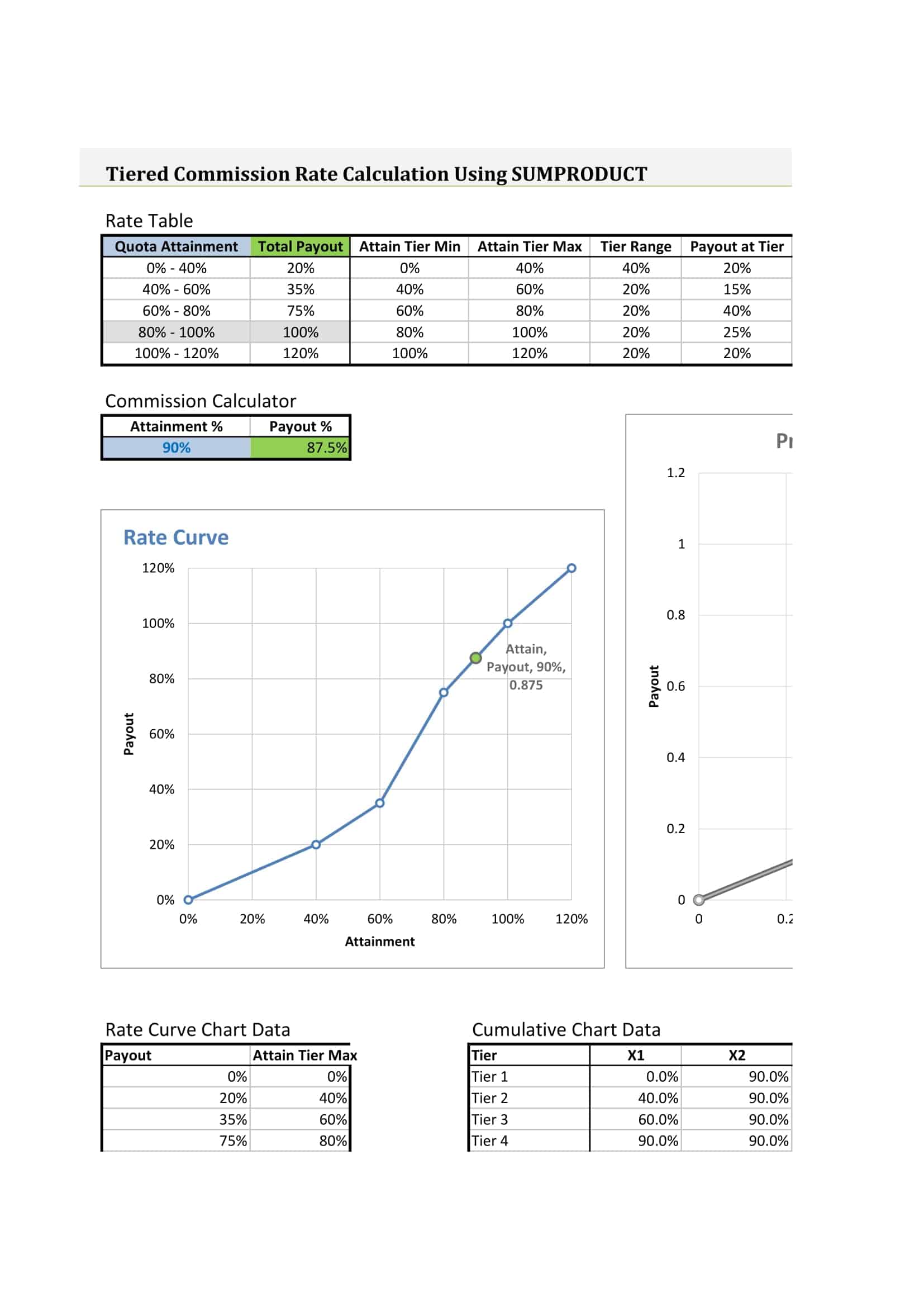

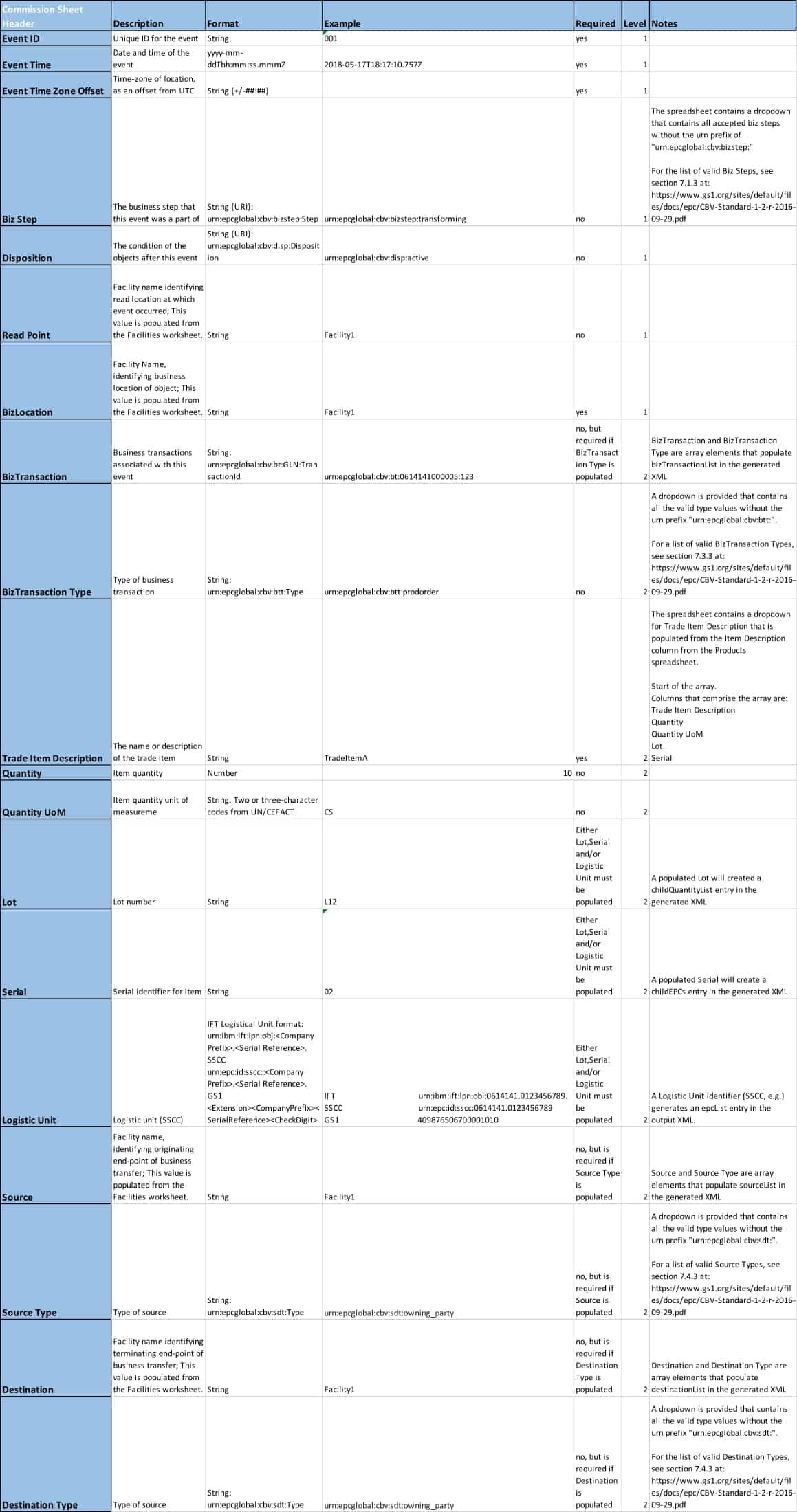






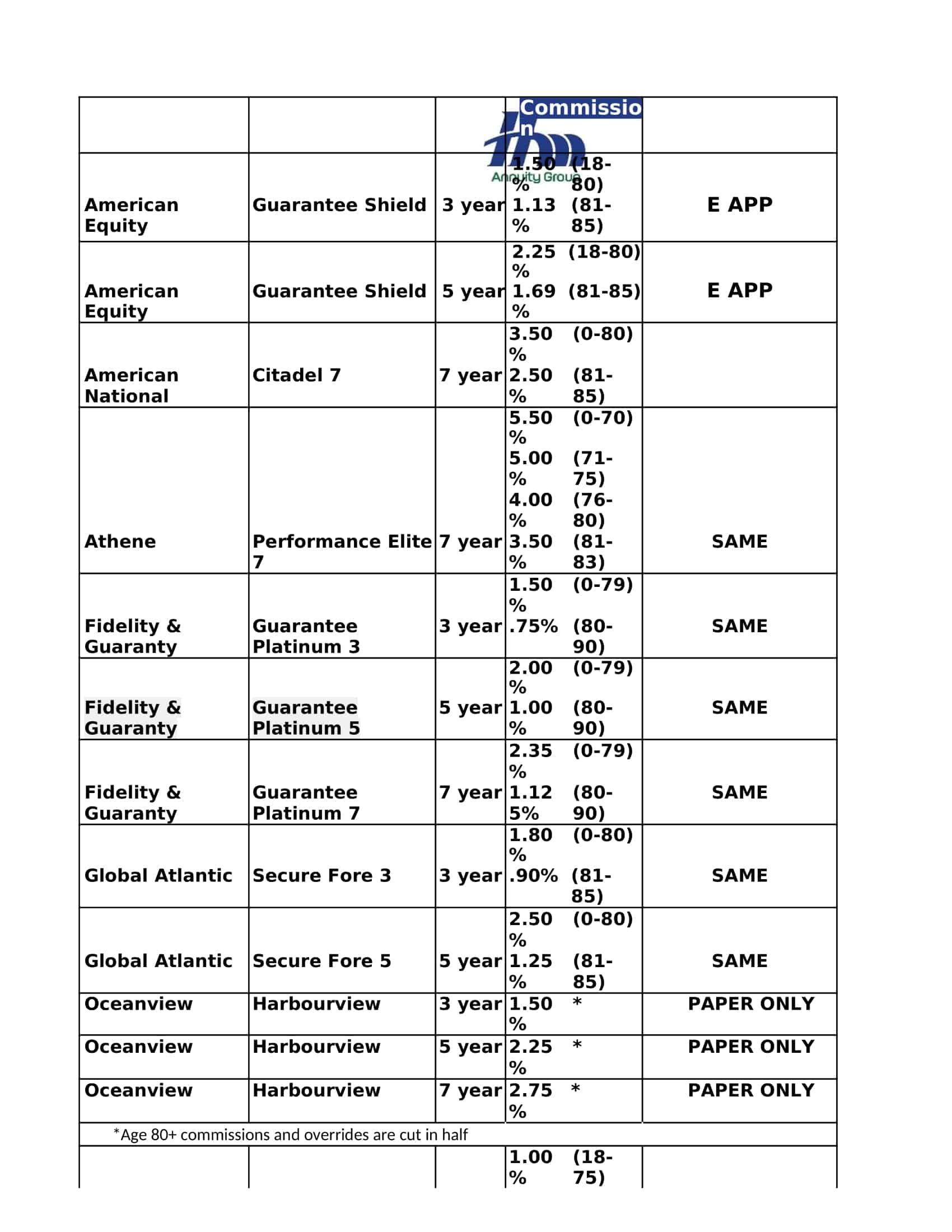
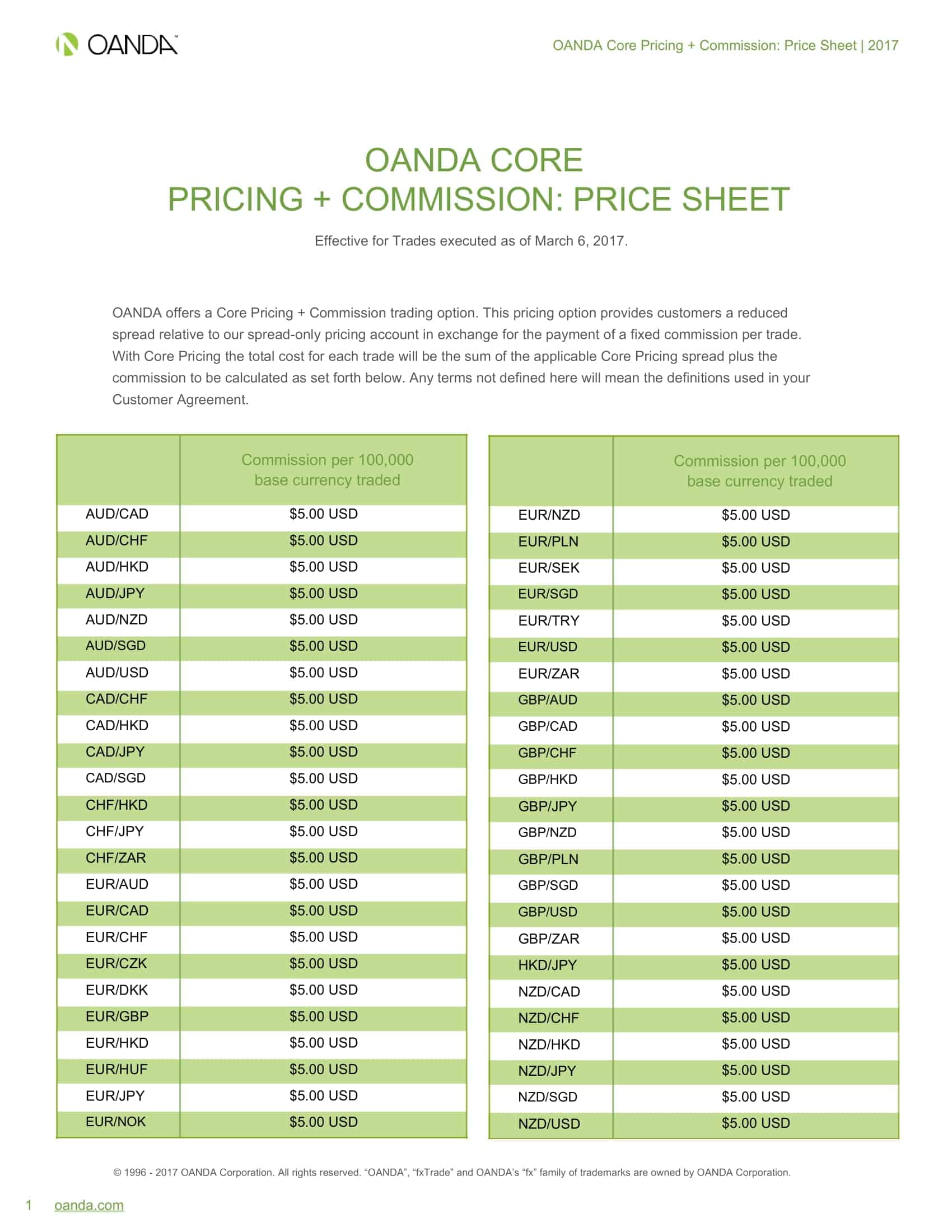

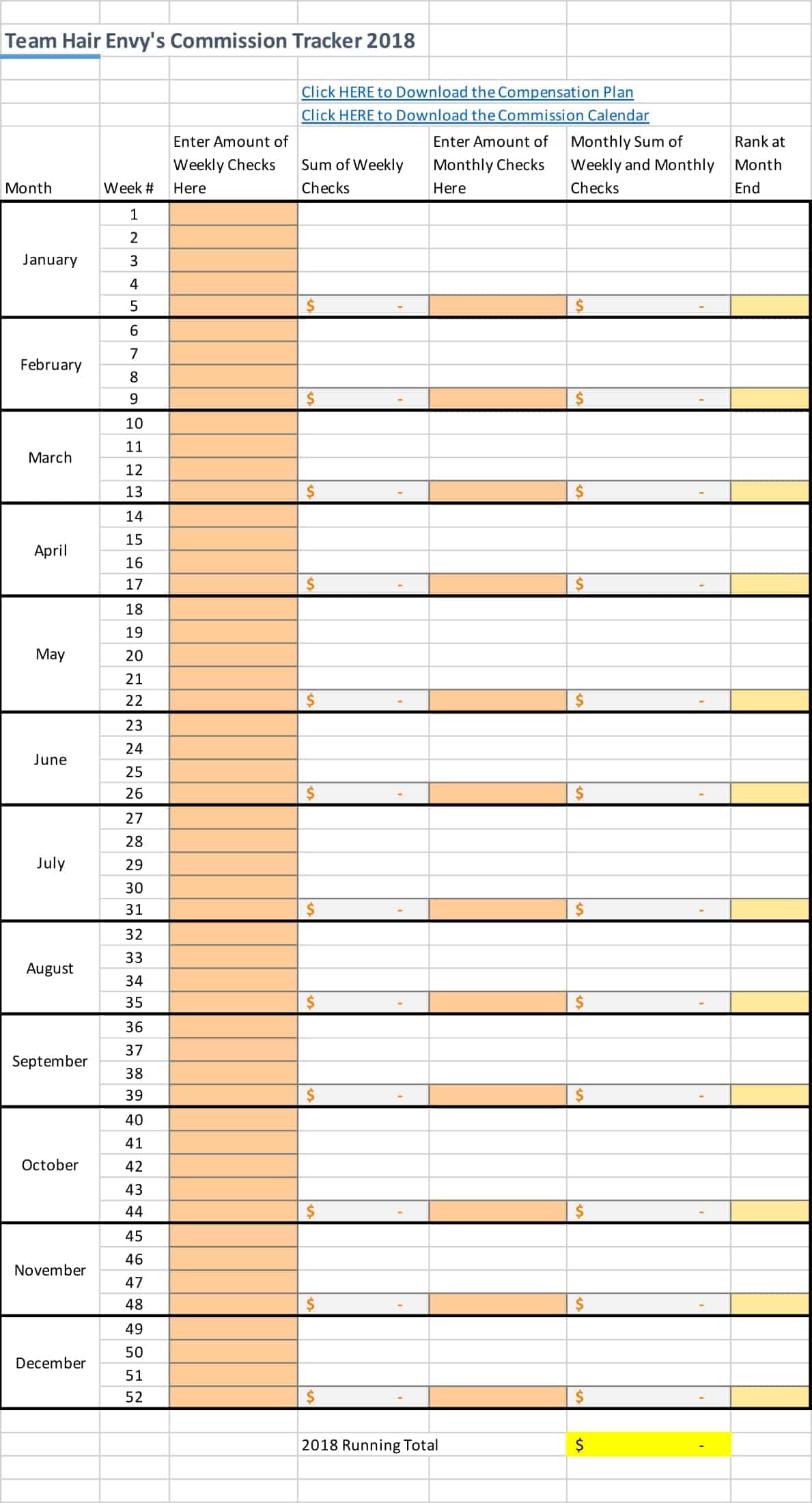



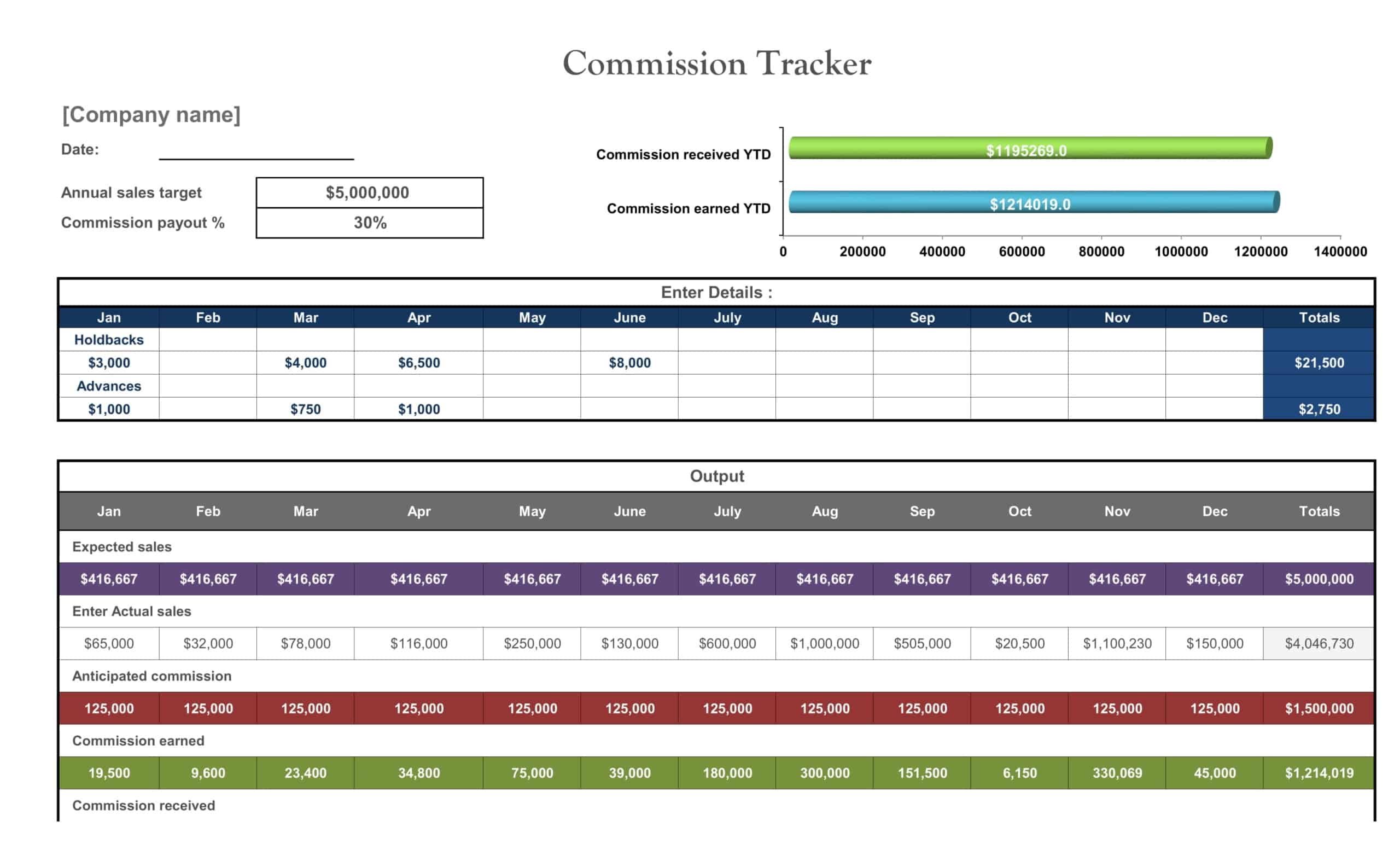

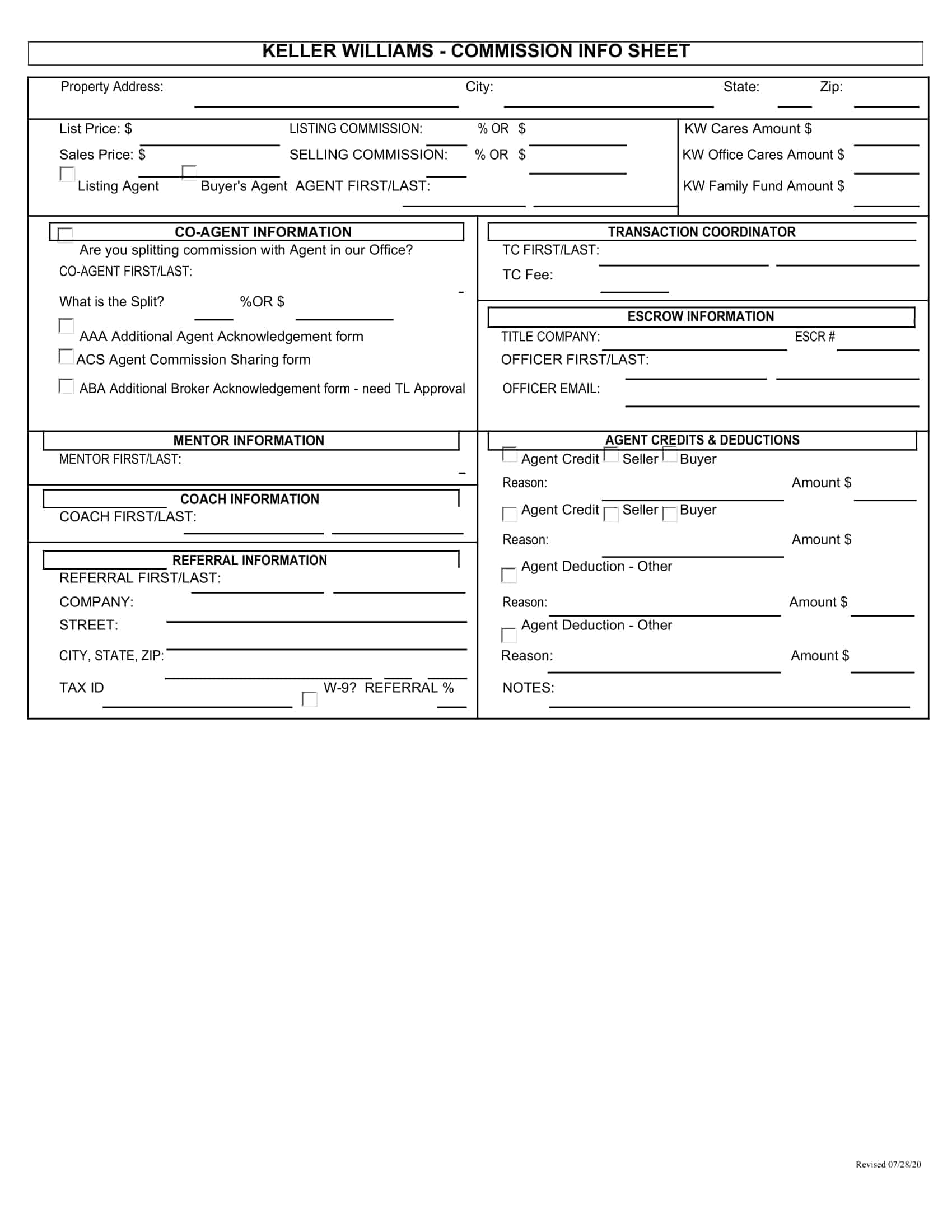


![Free Printable Credit Card Authorization Form Templates [PDF, Word, Excel] 1 Credit Card Authorization Form](https://www.typecalendar.com/wp-content/uploads/2023/06/Credit-Card-Authorization-Form-150x150.jpg)
![Free Printable Stock Ledger Templates [Excel,PDF, Word] 2 Stock Ledger](https://www.typecalendar.com/wp-content/uploads/2023/08/Stock-Ledger-150x150.jpg)
![Free Printable Financial Projections Templates [Excel, PDF] 3 Financial Projection](https://www.typecalendar.com/wp-content/uploads/2023/05/Financial-Projection-1-150x150.jpg)
